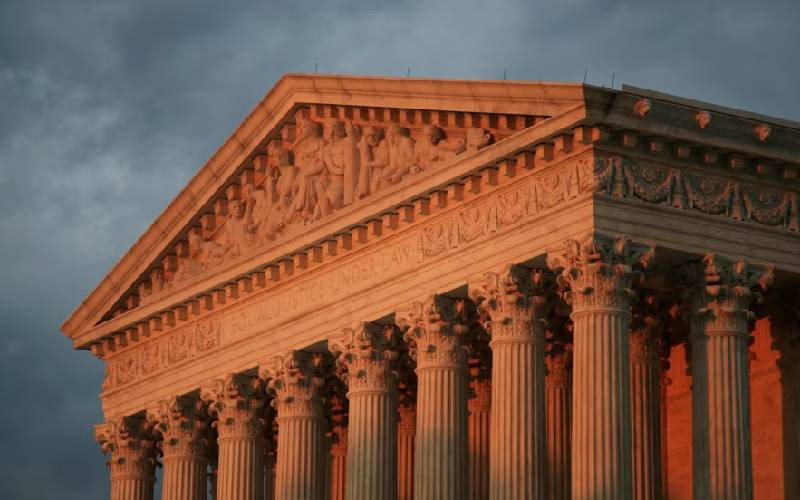RICHMOND, Va.,: A U.S. appeals court on Tuesday ruled for a Virginia transgender student seeking access to the bathroom of his gender identity in a case that could impact the national bathroom wars playing out between gay rights activists and social conservatives.
The ruling by the U.S. Fourth Circuit Court of Appeals sent back to a lower court the widely watched case that considered whether transgender students are protected by the 1972 Title IX Act, which prohibits sex-based discrimination by schools receiving federal funding.
Student Gavin Grimm was barred from using the boys' bathroom at his local high school in Gloucester County, Virginia. Grimm was born a female but identifies as a male.
After drawing community complaints for allowing Grimm to use the boys' bathroom, the school district approved a policy in December 2014 requiring students to use single-stall unisex restrooms or restrooms associated with their physical sex.
The appellate court reversed a district court's dismissal of a Title IX claim by the student and said he could proceed with his lawsuit, which contends that the school board's decision was discriminatory.
"Today's decision gives me hope that my fight will help other kids avoid discriminatory treatment at school," Grimm said in a statement, calling the ruling a relief and vindication.
U.S. President Barack Obama's administration filed a brief in support of Grimm. In its ruling, the court noted that federal education officials have interpreted Title IX to extend to transgender students.
The appeals court said in its ruling that the district court "did not accord proper deference to the Department of Education's regulations."
The case was remanded to the district court to be reheard.
The decision marked the first time a federal appeals court has found Title IX rights protect transgender students, the ACLU said in a statement. It could impact other states where similar cases have arisen.
The superintendent of Gloucester County Public Schools, Walter Clemons, declined to comment.
The ruling comes as North Carolina and Mississippi recently adopted laws seen as discriminatory to lesbian, gay, bisexual and transgender (LGBT) interests.
Legislation focused on transgender bathroom access, as well the rights of those with religious objections, has drawn protests in several other states, mostly in the South.
 The Standard Group Plc is a
multi-media organization with investments in media platforms spanning newspaper
print operations, television, radio broadcasting, digital and online services. The
Standard Group is recognized as a leading multi-media house in Kenya with a key
influence in matters of national and international interest.
The Standard Group Plc is a
multi-media organization with investments in media platforms spanning newspaper
print operations, television, radio broadcasting, digital and online services. The
Standard Group is recognized as a leading multi-media house in Kenya with a key
influence in matters of national and international interest.
 The Standard Group Plc is a
multi-media organization with investments in media platforms spanning newspaper
print operations, television, radio broadcasting, digital and online services. The
Standard Group is recognized as a leading multi-media house in Kenya with a key
influence in matters of national and international interest.
The Standard Group Plc is a
multi-media organization with investments in media platforms spanning newspaper
print operations, television, radio broadcasting, digital and online services. The
Standard Group is recognized as a leading multi-media house in Kenya with a key
influence in matters of national and international interest.






